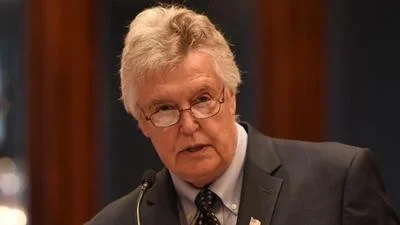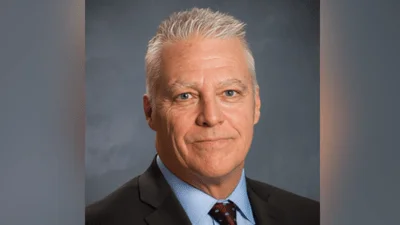Peter Roskam, chairman of the House Ways and Means Subcommittee on Oversight
Peter Roskam, chairman of the House Ways and Means Subcommittee on Oversight
During a hearing at the U.S. Department of Labor last week, House Ways and Means Committee Chairman Peter Roskam (R-IL) delivered an opening statement decrying a new fiduciary rule being proposed that he said would prevent many retirees from getting any investment advice at all.
"The rule would essentially hold anyone giving retirement investment advice of any kind to the standards of a fiduciary, with all of the legal implications and complexity that entails," Roskam said. "The reason we don’t have such a standard right now is because it would make it extremely difficult for people to access financial advice without having to pay costly fees."
The Illinois Congressman went on to say that small businesses, low- and middle-income families, and under-served communities would be hurt by the proposed rule because most small investors use financial advisers who typically work on a commission basis instead of charging fixed fees up front.
"Commission-based retirement investments can often be the best option for people who seek financial advice, offering a wide variety of investment choices and help to avoid hefty up-front fees to access the product," the Illinois Congressman said. "Under the proposed rule, these commission-based plans will be virtually eliminated."
The White House Council of Economic Advisors performed a study that predicted an estimated loss of about 1 percent for investors each year under the rule; however, Roskam pointed out that The Investment Company Institute estimates investors will lose more than $100 billion over a 10-year period if the proposed fiduciary rule goes into affect.
"One grave concern I have heard over and over again from my constituents is that the Administration’s objective is to force Americans out of private sector IRAs and 401(k)s, which are generally working very well under current law, and into retirement controlled by the government," Roskam said. "This administration’s own regulations, as well as public comments, have made it clear that they don’t want Americans to have control over how much to invest, which investments to choose, and when to draw down their accounts in retirement."





 Alerts Sign-up
Alerts Sign-up